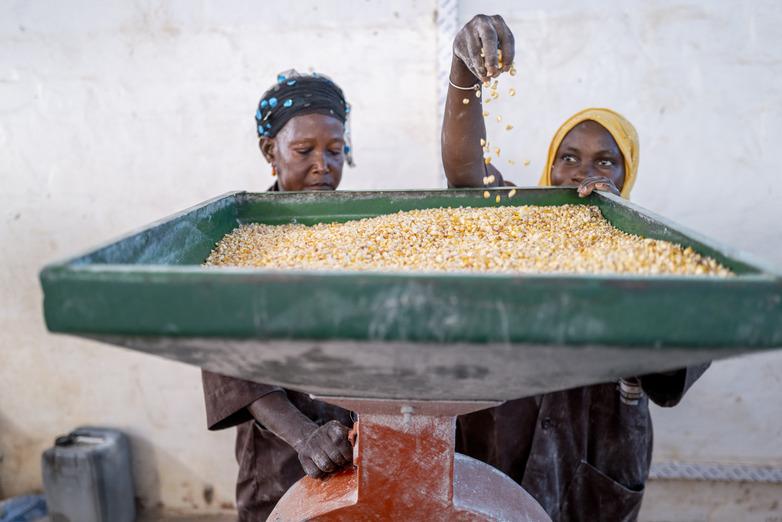Initial situation:
Senegal seeks to supply its entire population with electricity by 2029 and reduce its dependence on imported energy. Given the global climate crisis, it is important to meet the growing demand for energy with low-emission sources. At the same time, the country faces major challenges: In 2022, only about half of rural households had access to electricity. High prices and inefficient electricity use further limit progress towards reliable and affordable energy for all.
Objective:
The Senegalese Ministry of Energy, Petroleum and Mines (MEPM) has taken steps to advance reforms that support long-term and climate-friendly energy solutions.
Approach:
The project implements targeted measures to advance renewable energy in Senegal:
• It advises Senegal's Ministry of Energy, Petroleum and Mines on improving policy frameworks to accelerate renewable energy development and enhance energy management.
• The project supports long-term planning and the roll out of a climate-friendly national energy strategy, prioritising rural electrification.
• It develops scale-up concepts for promising clean energy technologies in rural and peri-urban businesses, focusing on women-led enterprises, and implements targeted pilot projects to promote energy efficiency.
• The project advances energy modelling and systemic sector monitoring to equip local stakeholders with reliable information for further action.
